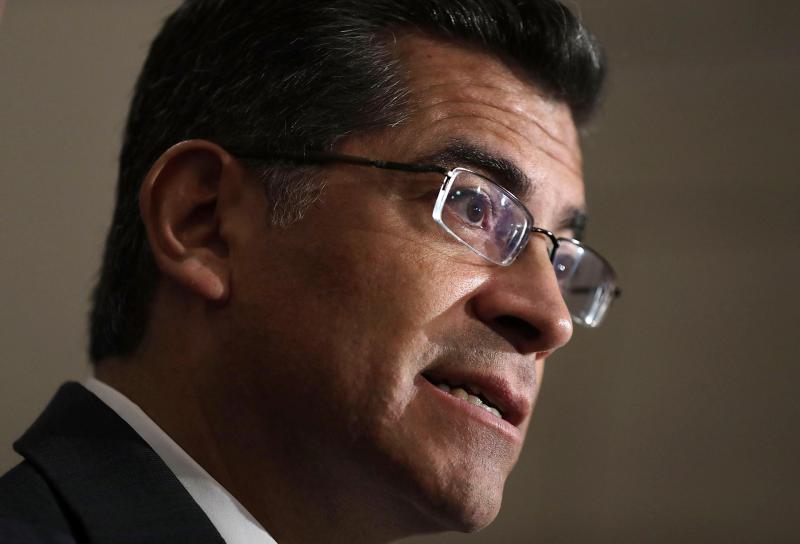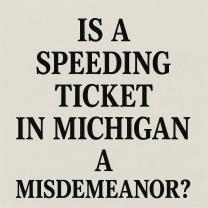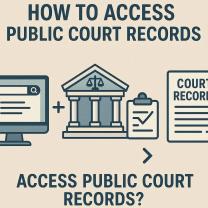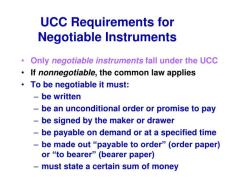Can an attorney in California issue a subpoena?
In California, attorneys do have the power to issue subpoenas, but they must follow the legal procedures outlined in the California Code of Civil Procedure. A subpoena is a legal document that compels a person to testify as a witness at a deposition, hearing, trial, or to produce documents or evidence in a legal proceeding.
Here are some key points regarding attorneys' power to issue subpoenas in California:
Civil Procedure Rules:
- The procedures for issuing subpoenas in California are governed by the California Code of Civil Procedure, particularly sections 1985 to 2025.2.
Issuing Subpoenas for Depositions:
- Attorneys can issue subpoenas to compel the attendance of witnesses at depositions. A deposition is a pre-trial discovery process where witnesses are questioned under oath, and their testimony is recorded.
Issuing Subpoenas for Documents:
- Attorneys can also issue subpoenas duces tecum to compel the production of documents, records, or other tangible items relevant to the legal proceeding.
Service Requirements:
- Subpoenas must be properly served on the individual or entity being subpoenaed. This typically involves personal service, although alternative methods may be allowed under certain circumstances.
Scope and Relevance:
- Subpoenas must be relevant to the legal matter at hand. Attorneys cannot use subpoenas for harassment or to obtain information unrelated to the case.
Quashing Subpoenas:
- The recipient of a subpoena has the right to challenge it by filing a motion to quash. This may be based on legal grounds such as lack of relevance, privilege, or other procedural defects.
Penalties for Noncompliance:
- Failure to comply with a valid subpoena may result in legal consequences, including contempt of court proceedings. However, it's important to note that there are limits on the types of information that can be compelled through a subpoena.
Subpoenas in Criminal Cases:
- In criminal cases, the power to issue subpoenas is typically held by the prosecutor rather than defense attorneys. The process for issuing subpoenas in criminal cases may differ from civil cases.
It's important for attorneys in California to be familiar with the specific rules and procedures related to subpoenas, and they should ensure that their actions comply with the law. If you have specific legal questions or concerns about subpoenas in a particular case, it's advisable to consult with a qualified attorney in California who can provide advice tailored to your situation.
Yes, attorneys practicing in California can issue subpoenas. California Code of Civil Procedure Section 1985.2 states that "Any attorney who is a member in good standing of the California State Bar may issue and serve a subpoena." This means that attorneys have the authority to compel witnesses to appear in court and testify, and to produce documents or other tangible evidence related to a legal proceeding.
However, there are some limitations on the authority of attorneys to issue subpoenas. Subpoenas issued by attorneys must be for a proper purpose, such as gathering evidence for a lawsuit or deposition. They must also be reasonable in scope and not unduly burdensome on the recipient. Additionally, subpoenas issued by attorneys are only enforceable in California state courts. If you are served with a subpoena from an attorney, you should carefully review it and consider consulting with an attorney to discuss your rights and obligations.
Here are some additional details about the authority of attorneys in California to issue subpoenas:
For depositions: Attorneys can issue subpoenas to compel witnesses to attend depositions, which are out-of-court proceedings where witnesses are questioned under oath.
For trial: Attorneys can issue subpoenas to compel witnesses to testify at trial.
For document production: Attorneys can issue subpoenas to compel the production of documents or other tangible evidence that is relevant to a legal proceeding.
Subpoenas duces tecum: Subpoenas duces tecum are a type of subpoena that specifically compels the production of documents or other tangible evidence.
Service of subpoenas: Subpoenas must be served on the recipient in a manner prescribed by law. This typically involves personal service, substituted service, or service by mail.
It is important to note that the rules governing subpoenas can be complex. If you have any questions about subpoenas, you should consult with an attorney.













